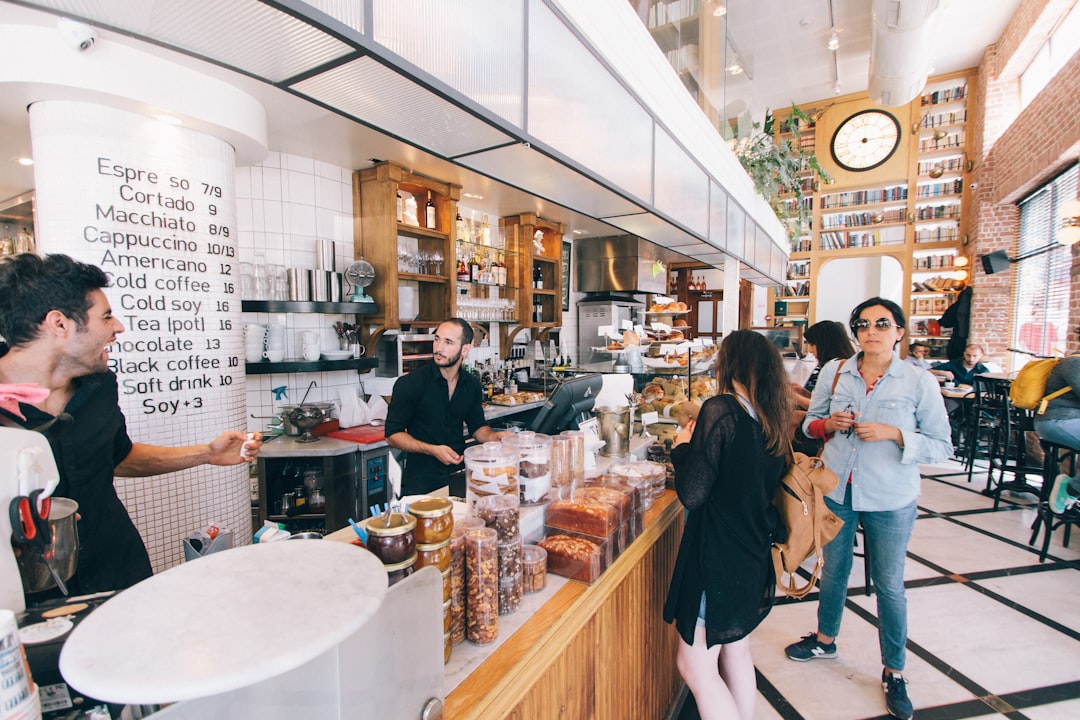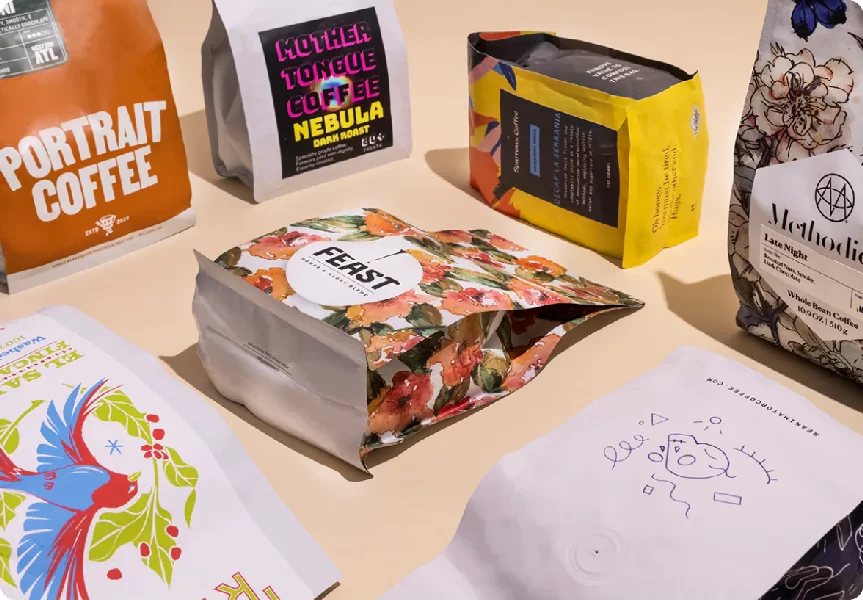

Introduction:
In recent years, fair trade coffee has become a key driver in advancing social equity and supporting coffee producers globally. This article examines the dynamics of fair trade coffee, highlighting its role in reshaping the coffee sector to the advantage of both cultivators and ethically minded buyers. As we explore this topic, we’ll highlight the importance of fair trade, its profound effects on coffee growers’ lives, and its potential to foster a more just and eco-friendly industry.
- The Basics of Fair Trade:
This worldwide initiative seeks to establish equitable trade practices for disadvantaged producers and laborers. Specifically in coffee, it guarantees that growers receive just remuneration for their efforts, enabling them to achieve a reliable livelihood and enhance their quality of life. Certifications from entities like Fairtrade International enforce rigorous criteria across the entire production process, encompassing competitive pricing, secure workplaces, and efforts to bolster local communities. For instance, over 1.6 million farmers in more than 70 countries benefit from these standards, which help mitigate the risks of volatile markets. - Boosting Farmers’ Financial Stability:
A primary goal of fair trade coffee is to strengthen the economic position of coffee producers. Historically, these farmers have faced instability due to unpredictable commodity prices and unfair intermediaries. Through fair trade, they gain access to consistent, equitable payments that not only secure a basic income but also allow investments in farm improvements, schooling, medical services, and other necessities. This approach has been shown to interrupt cycles of economic hardship, with data indicating that fair trade premiums have helped communities increase household incomes by up to 30% in some regions, paving the way for long-term prosperity. - Advancing Ecological and Social Responsibility:
Beyond financial benefits, fair trade coffee emphasizes long-term ecological and social health. Growers must follow strict environmental guidelines, such as adopting eco-friendly cultivation methods, preserving biodiversity, and managing resources wisely. These measures play a crucial role in safeguarding natural habitats, minimizing chemical pollutants, and ensuring the safety of local populations. Research shows that such practices have reduced deforestation in coffee-growing areas by as much as 50% in certified regions, demonstrating a clear link between fair trade and broader environmental protection. - Fostering Local Growth and Self-Reliance:
Fair trade programs place a strong emphasis on enhancing community infrastructure and autonomy. An extra premium, added to the base fair price, is directed toward local initiatives like constructing educational institutions, health centers, water systems, and skill-building workshops. These investments promote greater independence, strengthen social bonds, and build a more promising outlook for regions dependent on coffee. In practice, this has led to tangible outcomes, such as improved literacy rates and better access to healthcare in many participating villages. - Encouraging Ethical Buying Habits and Lasting Change:
Fair trade coffee thrives on the support of informed purchasers who prioritize morality in their choices. Opting for these products directly aids farmers’ advancement and drives broader societal improvements. Each serving of fair trade coffee serves as a step toward ethical commerce and fairness, encouraging businesses to adopt more responsible operations. As consumer interest grows—with global fair trade sales exceeding $10 billion annually—there’s potential to reshape the market, leading to a coffee industry that values equity and sustainability above all.
Conclusion:
Fair trade coffee stands as a catalyst for transformation, uplifting producers, upholding ethical standards, and encouraging enduring progress. By providing fair wages, enhancing work environments, and funding community enhancements, it generates widespread benefits that reach well beyond individual farms. As buyers, we can play a part in this evolution by selecting fair trade options and backing the dedicated growers who supply our daily brew. Let’s commit to this initiative, which not only delivers superior coffee but also sparks meaningful societal shifts, building a fairer, greener world with every mindful choice.





